How can we best equip migrants with the language skills they need to integrate effectively into their communities? It starts with Reading.
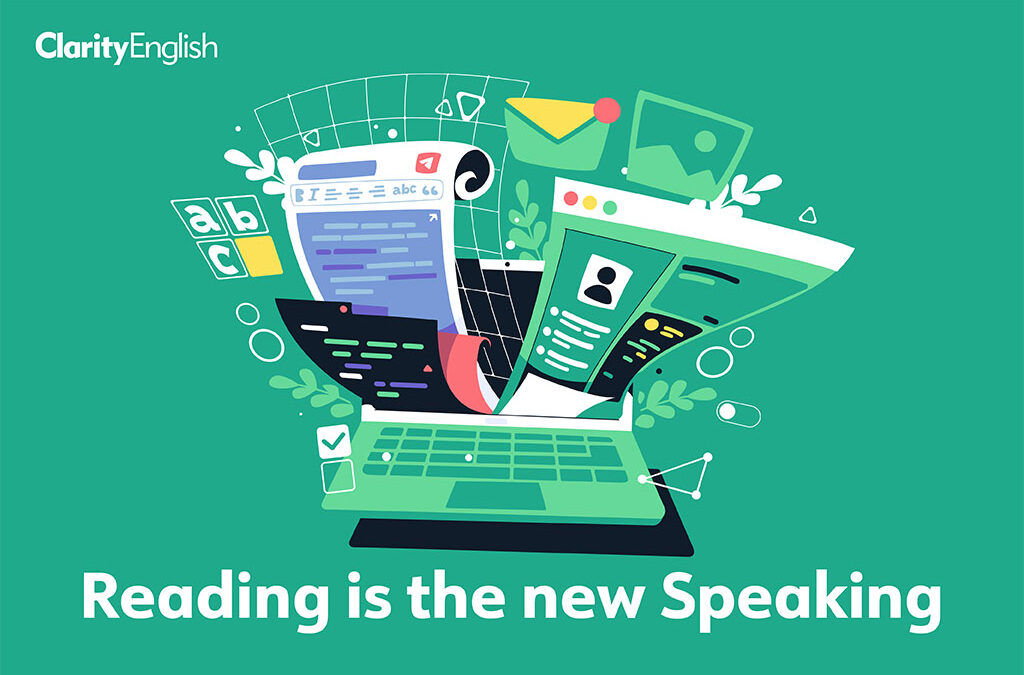

How can we best equip migrants with the language skills they need to integrate effectively into their communities? It starts with Reading.
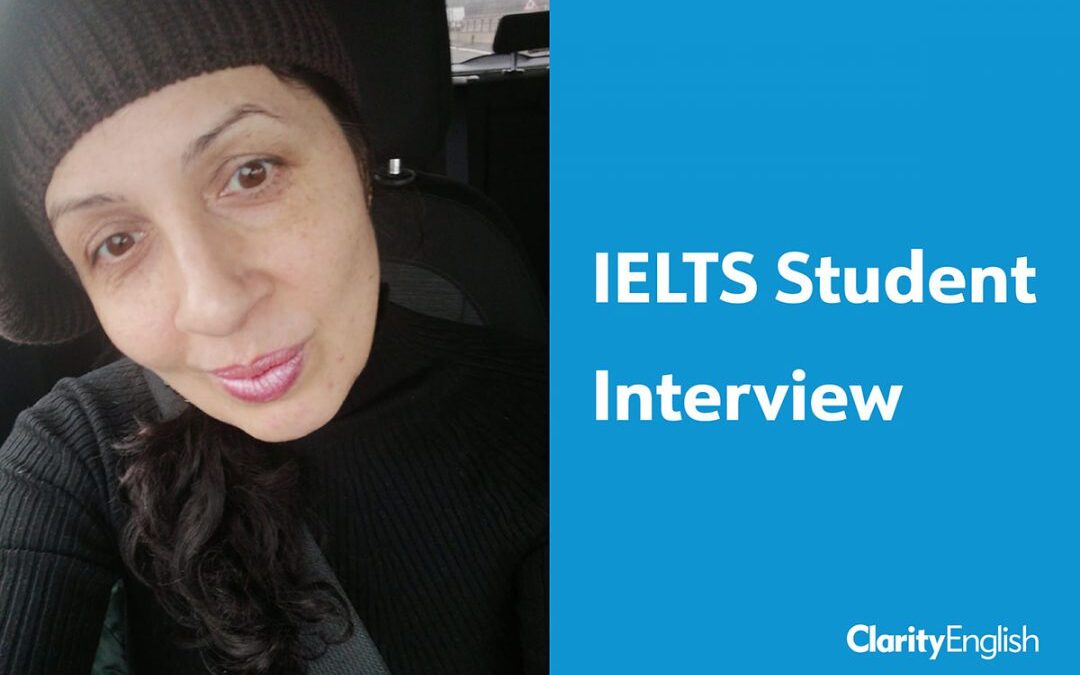
Road to IELTS runs around five million sessions every year for candidates hoping to achieve the IELTS band score they need. Read one candidate’s experience of using Road to IELTS.
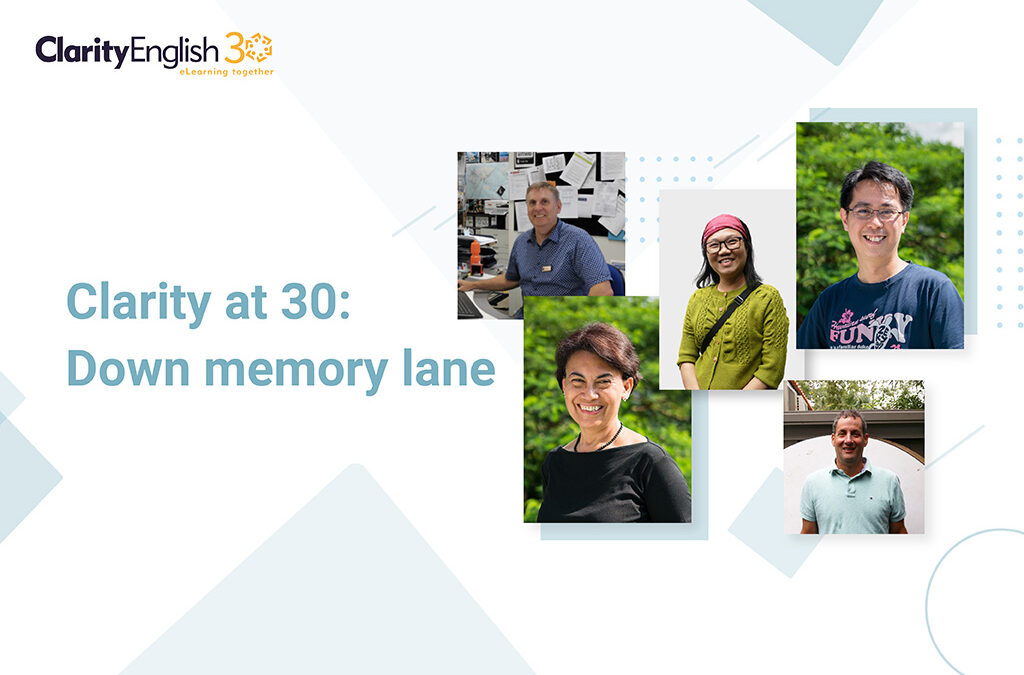
Some of our partners and customers have been with us since we started 30 years ago. Here are a few memories from the early days.
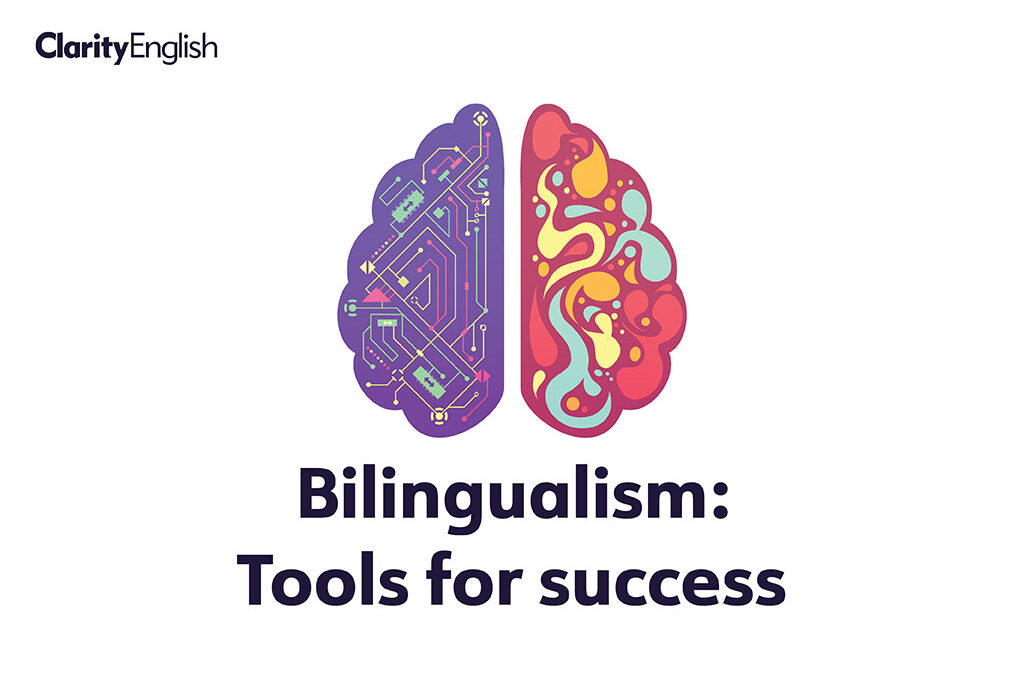
Language learning opens doors to new worlds. But getting through the language barrier is tough. Here are five reminders for when motivation wanes.
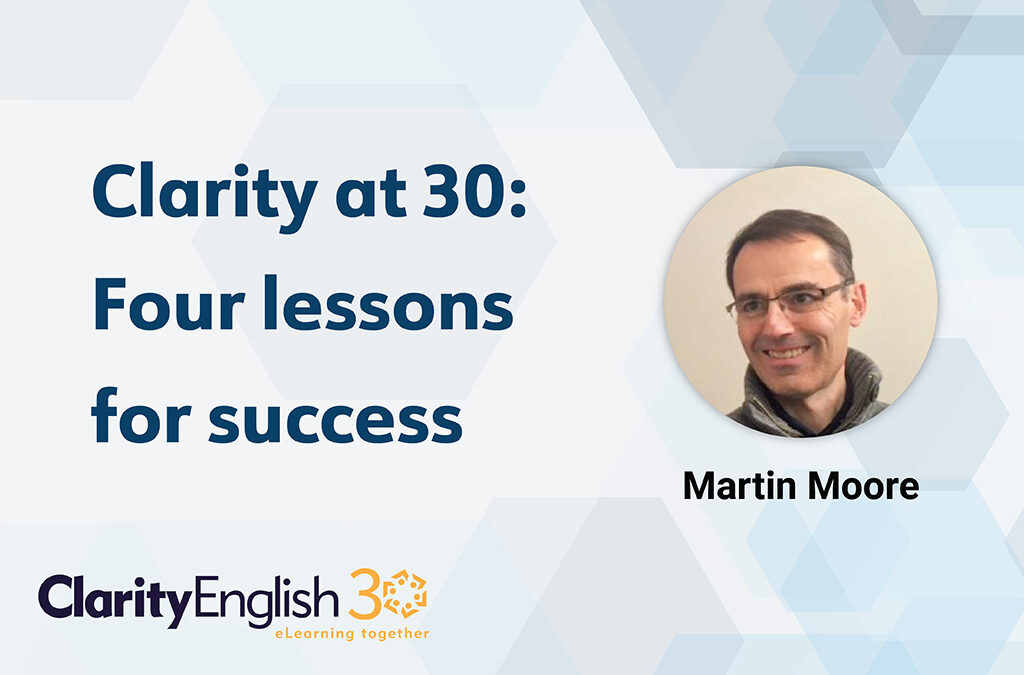
This year marks ClarityEnglish’s 30th birthday. Over the coming months we will share messages and lessons from a few people who have helped us get to this point. This week, Martin Moore shares four lessons for success in digital publishing.
Surely the more questions you answer in a placement test, the more points you get and the higher your score? If you can’t finish, you can’t do yourself justice. And that must invalidate the result.
In the second of a series of short videos, testing expert Laura Edwards looks at the the roles of output and input in language testing.
Should a placement test include speaking and writing? Is it important that it is adaptive? Does a test-taker have to attempt every question? What, in fact is a placement test?
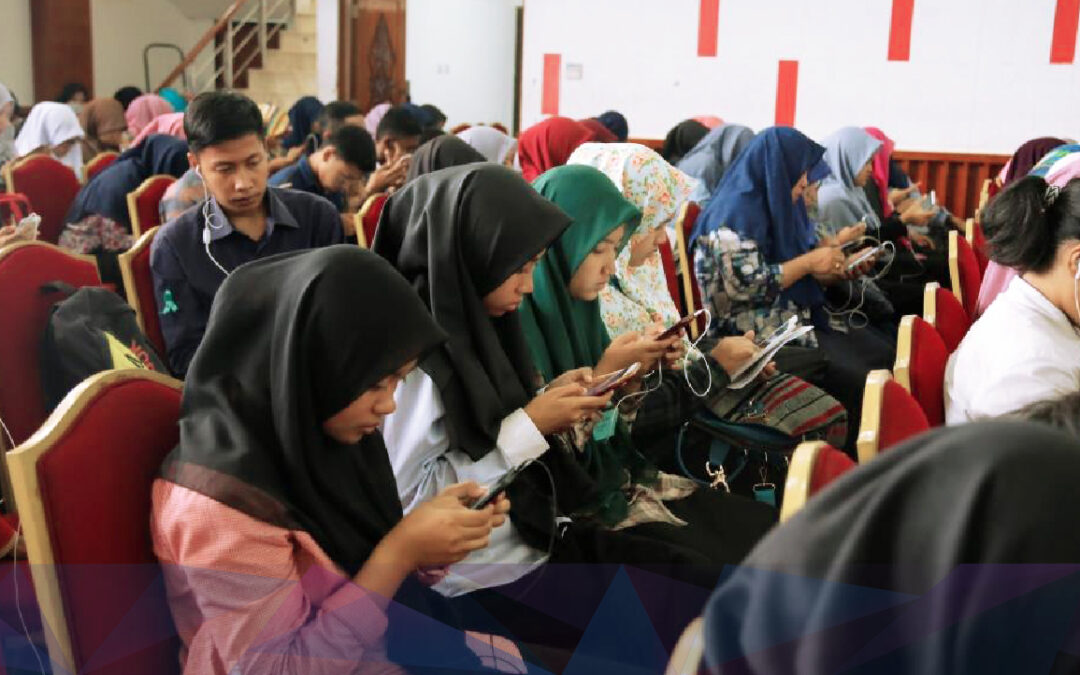
When Clarity and telc first conceptualised the Dynamic Placement Test, a key objective was to devise a democratic test — a computer-based level test available to schools whatever their digital setup. At the same time, we didn’t want to compromise on the technology: it needed to be a test that went well beyond multiple choice questions and gap fills. So within these constraints, the team prioritised three areas.

Can a test run on a student’s device ever be secure? What’s to stop a test taker looking up the answers on the Internet? What, in fact, does ‘secure’ mean in the context of a placement test?

The beauty of SCORM is that most of the work is done for you. So, the list below is a compilation of questions you may consider when integrating ClarityEnglish programs into your course through SCORM.

It is extremely frustrating when you have excellent tools or programs but a) no one knows they are available, and b) if they do, they don’t know where to find them. One solution is to deliver digital resources to your students on a Learning Management System (LMS) through SCORM.

As we face changes, disruptions, and uncertainty in every part of our lives, one thing that has emerged from the last three months with absolute clarity is the importance of teaching online. For many teachers, the shift has been a challenging one. Practically overnight, they were asked to switch from classroom teaching to purely online classes — and often without any training or assistance.

Every Clarity subscription can allow students to run the ClarityEnglish programs from home, the bus-stop, the library and the classroom. What are the elements required for this to be as smooth as silk (as Tense Buster, Intermediate, Equality would teach us)?
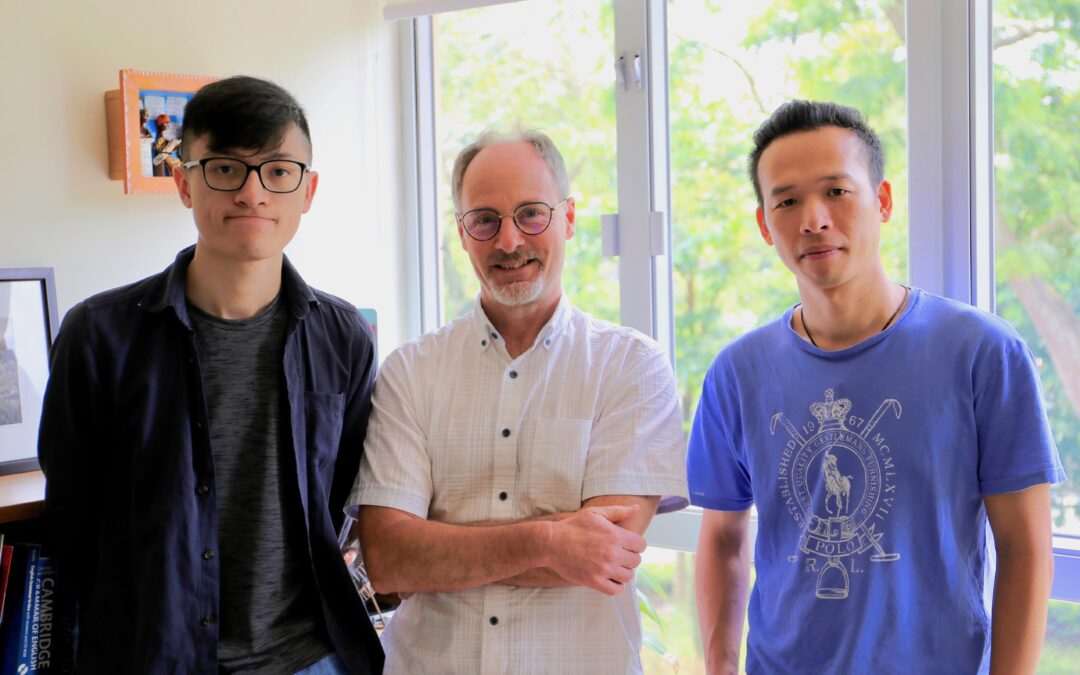
In anticipation of the big Admin Panel release in August, we ask Clarity’s Technical Team about why teachers and administrators should look forward to the new version of this seemingly mundane administrative tool.
The page you requested could not be found. Try refining your search, or use the navigation above to locate the post.